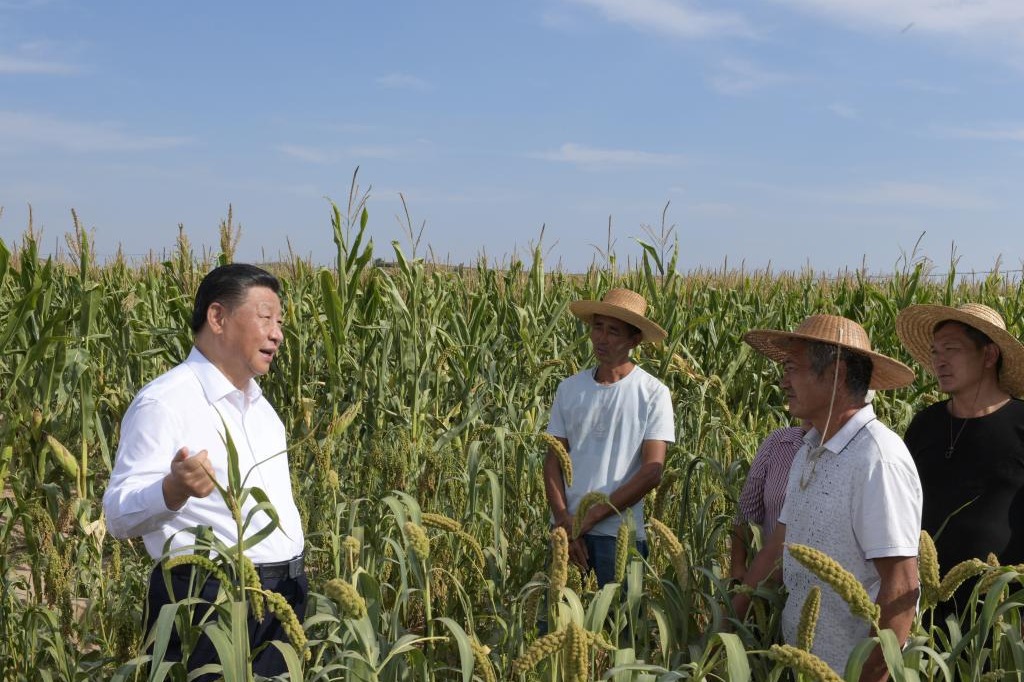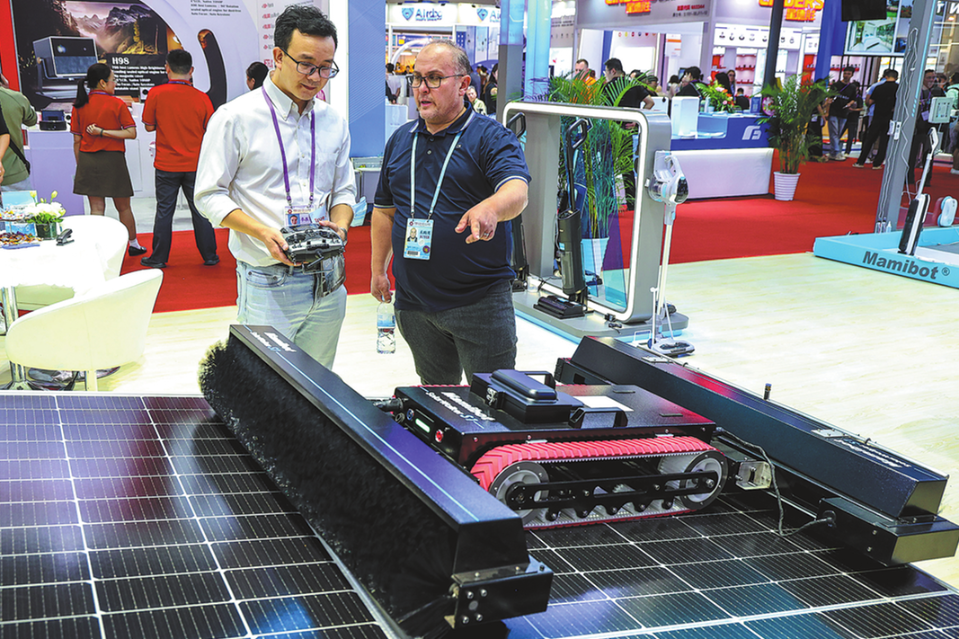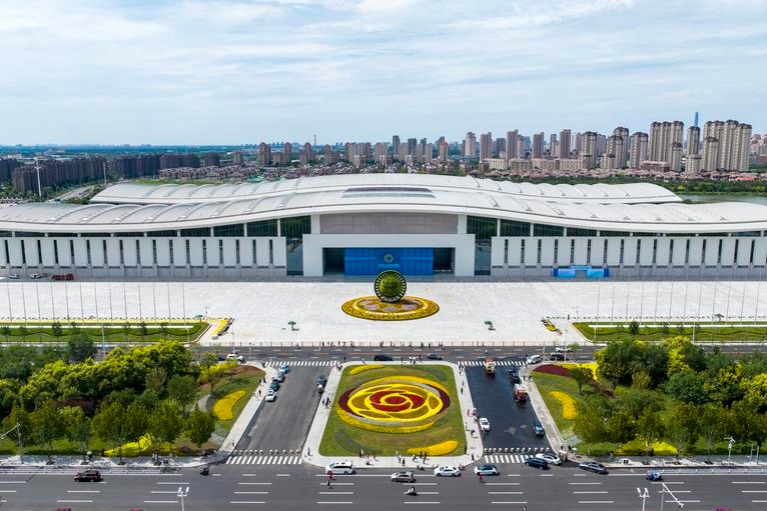Strategic autonomy serves EU interests: China Daily editorial

China rebuked the European Commission for unwarrantedly and wantonly imposing sanctions on Chinese entities in its previous packages of sanctions against Russia over the Ukraine crisis, based on the false allegation that they are "supporting" Russia's military. However, the commission targeted more Chinese entities in a sweeping new package of sanctions against Russia over the weekend.
In its 19th package of sanctions since the start of the Ukraine crisis, the European Commission added 12 Chinese enterprises to its blacklist, targeting refineries, oil traders and petrochemical companies. Subject to approval by all EU member states, the sanctions purportedly demonstrate that "Europe is increasing its pressure on Russia", according to European Commission President Ursula von der Leyen.
China is not the creator of, nor is it a party to the Ukraine crisis. It remains steadfast in its commitment to promoting peace talks and playing a constructive role in multilateral efforts to realize a political settlement of the crisis. By trying to demonize the normal exchanges and cooperation between Chinese and Russian entities as efforts to "support" Russia's military, the European Union is simply trying to shift the blame onto China for its own failure to end the conflict.
The commission has apparently realized that Ukraine, despite the support it is receiving from the United States and the EU, is unlikely to defeat Russia on the battlefield. And that the bloc cannot impose comprehensive sanctions against Russia without harming its own interests. It is using sanctions against third parties, such as China, as a form of virtue signaling and as an attempt to appease the White House. It is a display of the EU's willingness to do the US' bidding on the issue, rather than as a genuine effort to end the conflict.
The US administration has called on the EU to impose tariffs of up to 100 percent on China and India, as part of its efforts to pressure Beijing and New Delhi to cut their purchases of Russian oil and end their "aid" to Russia. This is another sign of the US' exploitative approach to the EU on the Ukraine crisis and tariffs. The US administration recently admitted the US has made profits from selling weapons to the EU over the Ukraine crisis.
By meting out punitive measures against Chinese companies on such spurious grounds, the European Commission is doing nothing but seeking to show the US that it is answering its call without imposing a blanket tariff hike.
The commission's unjustified move against China is shortsighted as the US is instrumentalizing Europe's vulnerabilities for its own geopolitical gains. Von der Leyen's alignment with Washington — accepting a US baseline 15 percent tariff on most EU goods while promising large EU purchases of US energy and defense — is intended to cement transatlantic unity.
But in practice it leaves the EU exposed to loss of leverage in trade talks, domestic criticism over economic imbalance, and a weakened ability to defend its interests independently amid the Ukraine crisis and US pressure.
Sanctioning the Chinese entities undoubtedly harms Sino-EU relations and represents another ill-advised move of the EU.
For its own good, the EU should uphold its strategic autonomy rather than making decisions to try and claim the moral high ground and accommodate the US administration's agenda.
The development of China-EU relations over the past 50 years has proved that China and the EU are partners, not rivals, still less enemies. There is no territorial dispute, no geopolitical conflict, nor any fundamental conflict of interests between the two sides. China has always viewed its relations with the EU from a strategic and long-term perspective. It is hoped that the EU will work with China in the same direction to ensure that cooperation remains the underlying feature of China-EU relations.
To end the Ukraine crisis, it is necessary for the US and the EU to refrain from seeking selfish gains and not add fuel to the fire by further exacerbating tensions. The sanctions imposed by the EU, as well as those by the US, over the Ukraine crisis have not only fueled tensions, but also seriously disturbed global supply chains.
History clearly shows that such sanctions, devoid of legitimacy in international law, have never been solutions to burning issues, not to mention the goal of founding a lasting, workable and balanced security mechanism for Europe.

































